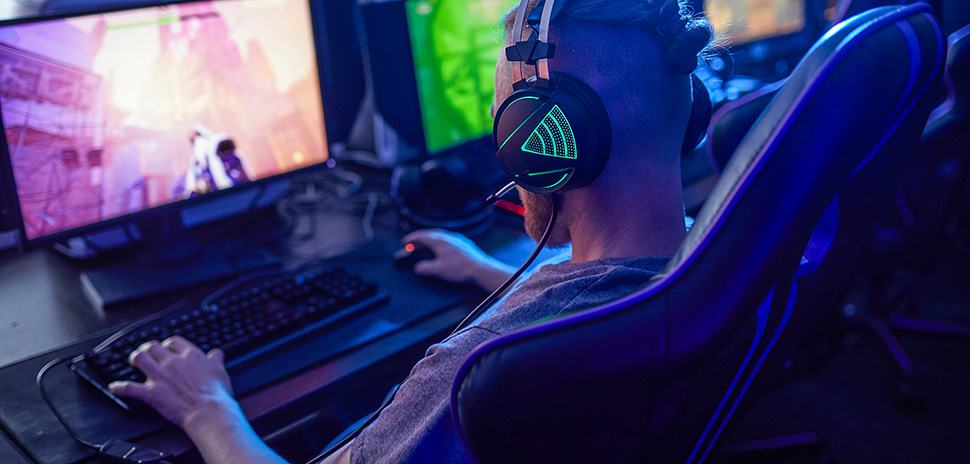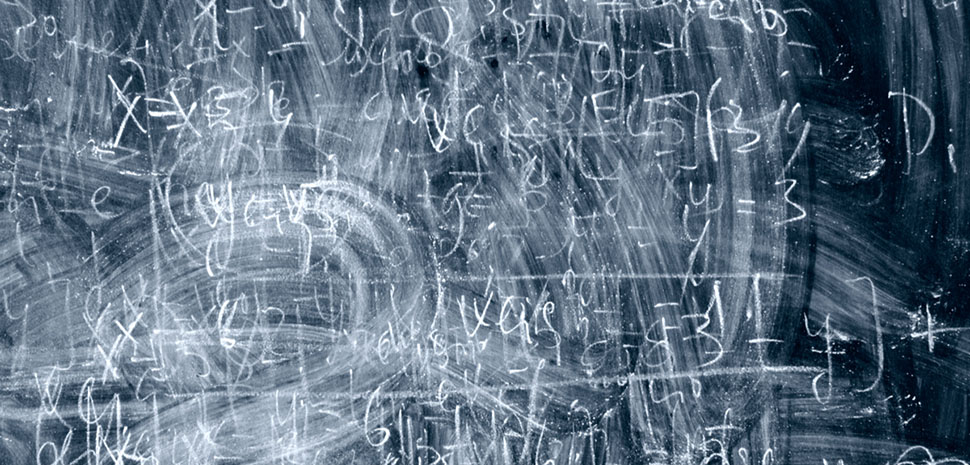With funding from the National Science Foundation, Air Force Office of Scientific Research, National Security Agency, IBM, and Hewlett-Packard Development Co., University of Texas at Dallas computer scientists were able to make a video game cheat detection mechanism. The team’s research has since been published in IEEE Transactions on Dependable and Secure Computing.
The researchers developed their approach through Counter-Strike, a popular first-person shooter game in which players work in teams. Software cheats for the game are available online, according to a statement, which makes the game a great starting point for the UT Dallas team.
Although the mechanism was developed using Counter-Strike, it can be applied to any massively multiplayer online (MMO) game that sends data traffic to a central server.
Creating the mechanism may seem inconsequential to the general public, but cheating in video games can have a major impact when it affects the esports industry, which has annual revenues close to $1 billion, according to a statement.
If a professional esports player cheats, it can result in sanctions against teams and players, including disqualification, forfeiture of prize money, and a ban on future participation, according to the Esports Integrity Commission.
Cheating can also have an economic impact when it comes to casual gamers. As Md Shihabul Islam, a UT Dallas computer science doctoral student in the Erik Jonsson School of Engineering and Computer Science and lead author of the study, explains, dissatisfied players may leave to play other games if they deal with cheating often enough.
“Sometimes when you’re playing against players who use cheats you can tell, but sometimes it may not be evident,” Islam said in a statement.
In MMOs like Counter-Strike, it can be difficult to detect cheating since a player’s computer to the game server is encrypted, per a statement. While other researchers have used decrypted game logs to detect cheating after it occurs, the UT Dallas team analyzed encrypted data traffic to and from the server in real time.
As Dr. Latifur Khan, an author of the study, professor of computer science, and director of the Big Data Analytics and Management Lab at UT Dallas, explains in a statement, “Players who cheat send traffic in a different way. We’re trying to capture those characteristics.”
Conducting the research
To develop the cheat detection mechanism, the researchers had 20 students in a UT Dallas class download Counter-Strike and three software cheats. The students were placed on a dedicated server so that they wouldn’t disrupt players outside of the study.
By analyzing the data traffic from the students, the researchers were able to identify patterns that indicated cheating. Then, they trained a machine-learning model to predict cheating based on patterns and features in the game data.
Islam said gaming companies could use the UT Dallas technique with their own data to train gaming software to detect cheating. And if cheating is detected, the system can instantly react.
“After detection, we can give a warning and gracefully kick the player out if they continue with the cheating during a fixed time interval,” Khan said.
The researchers plan to continue their work to develop an approach for games that do not use a client-server architecture and to make the mechanism more secure, according to a statement.
The other UT Dallas researchers are Swarup Chandra PhD, a research engineer at Hewlett Packard Enterprise, and UT Dallas computer science doctoral student Bo Dong. Dr. Bhavani Thuraisingham, Founders Chair in Engineering and Computer Science, professor of computer science, and executive director of the Cyber Security Research and Education Institute at UT Dallas, is the senior author of the study.
![]()
Get on the list.
Dallas Innovates, every day.
Sign up to keep your eye on what’s new and next in Dallas-Fort Worth, every day.

































































